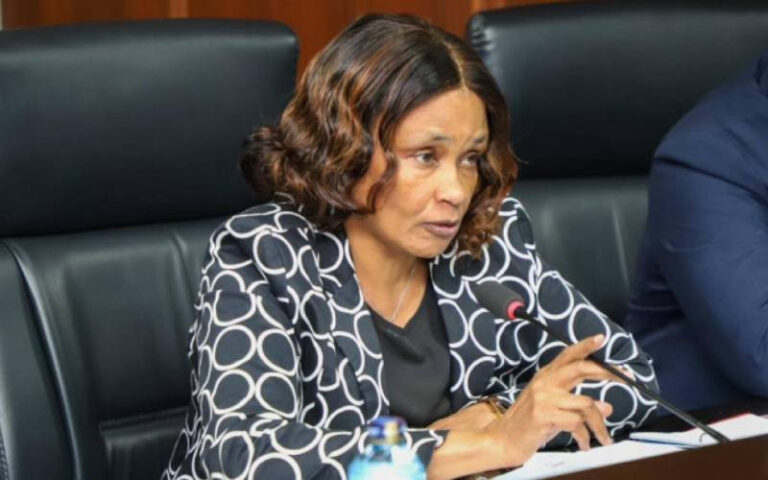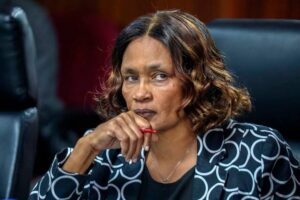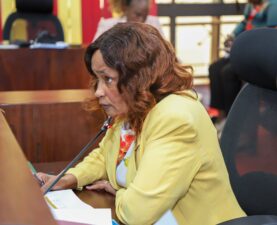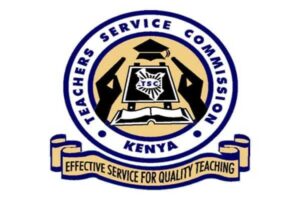Lawmakers have taken issue with the Teachers Service Commission (TSC) over recruitment policies that appear sound on paper but fail to reflect the realities faced by thousands of trained teachers across the country. Appearing before the National Assembly Education Committee, TSC officials defended their process as transparent, inclusive, and anchored in fairness. They explained that recruitment is guided by data, with vacancies distributed proportionally across counties, interviews conducted at the local level, and five percent of slots reserved for persons with disabilities.
Despite this, legislators accused the commission of leaving many qualified graduates in limbo. Homa Bay Woman Representative Joyce Osogo Bensuda cited cases of teachers who trained more than 15 years ago but remain unemployed, even as recent graduates have already secured positions. “Some of these individuals are nearing the retirement age of 45 without ever being employed. That is unjust,” she said.
Makueni MP Suzanne Kiamba echoed the concerns, narrating how women in her constituency have held TSC numbers for years but continue to languish without formal employment. According to her, this represents wasted investment since many of these teachers still have more than a decade of productive years left.
MPs also raised alarm over disparities between counties. Some regions are adequately staffed, while others are forced to depend on teachers hired directly by parents. Aldai MP Marianne Jebet Kitany termed this “marginalisation of taxpayers,” since families already struggling with fees are paying extra for essential staff.
The legislators demanded constituency-level staffing data to expose inequities and guide reforms. They also urged TSC to rethink its prioritisation, warning against policies that seem to favour science teachers over those in arts and social sciences. “It’s important to hire earlier in a teacher’s career and ensure balance across all subjects,” said Bensuda.
The debate reflects growing pressure on the TSC to bridge the gap between policy and reality, as frustration mounts among jobless graduates and underserved schools.





